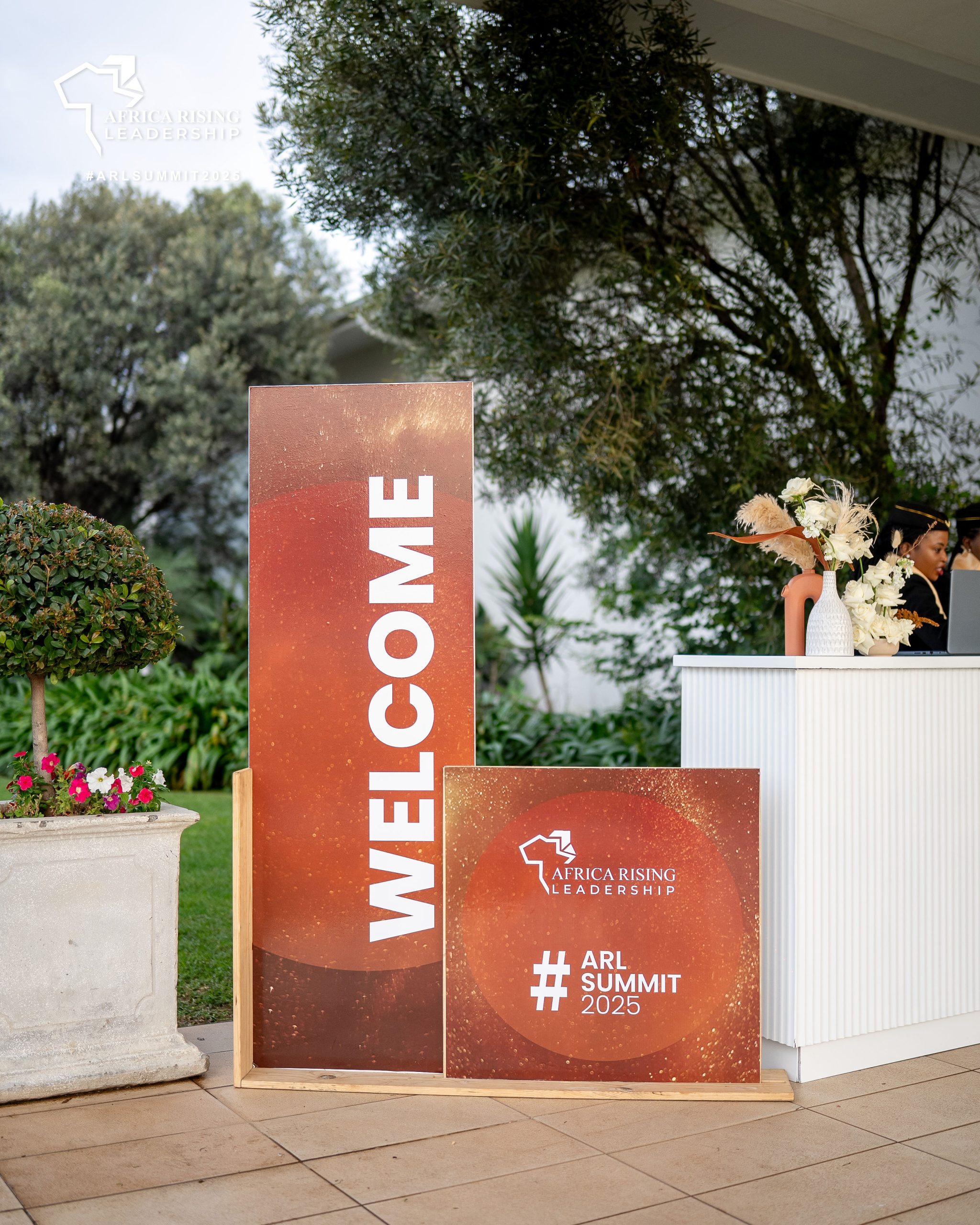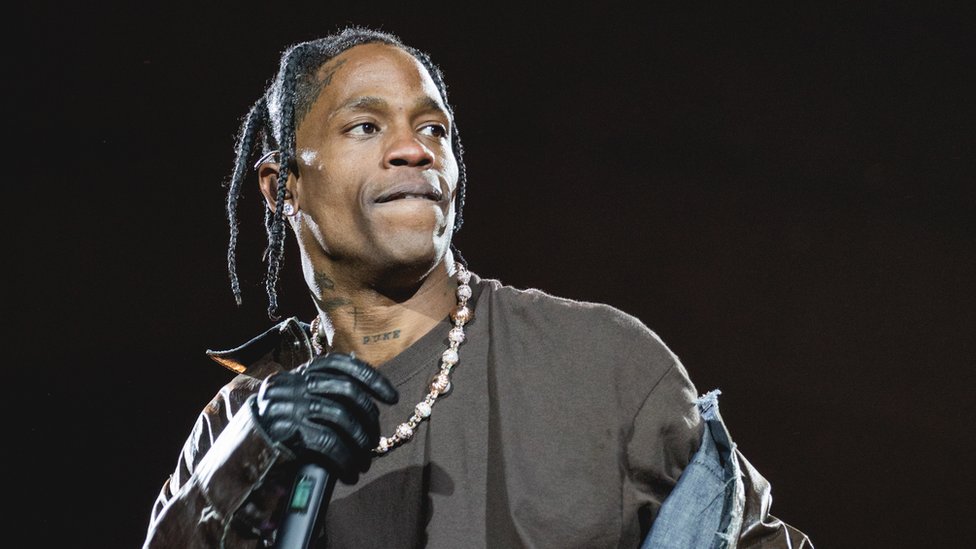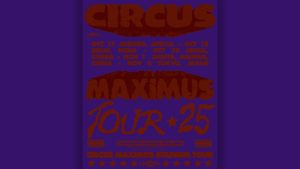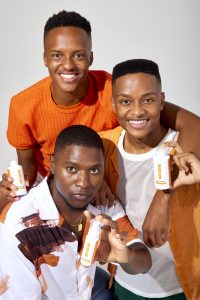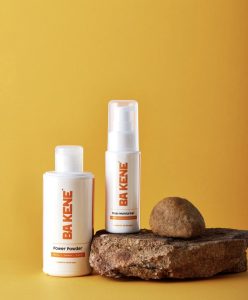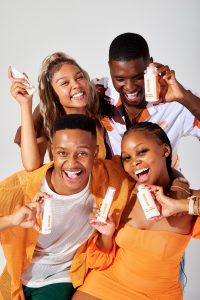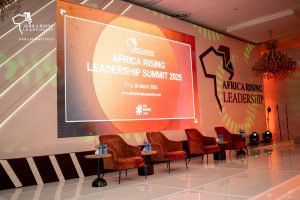
The first-ever Africa Rising Leadership Summit & Awards took place on March 27-28, 2025, at the prestigious Inanda Club Sandton, bringing together some of Africa’s most forward-thinking leaders. Under the theme “The Path Forward – Empowering Africa’s Future through Leadership in the Age of Digital Transformation,” the event sparked insightful conversations and collaborations to redefine leadership in a rapidly changing world.
The two-day summit was hosted by Dr. Nompumelelo Nkosi-Ntombela and featured an outstanding lineup of speakers who shared powerful insights on innovation, adaptability and purpose-driven leadership. Among them were Nonkululeko Gobodo, Dr. Charles Cotter, Kutlwano Ngwarati, Max Moyo, Akhona Qenqge and Gugu Mkhize, whose keynote addresses inspired attendees to embrace leadership transformation.

Panel discussions was led by Africa Rising Leadership Founder & CEO, Nomazibulo Tshanga who explored critical topics shaping Africa’s future. Experts such as Dr. Tshidi Gule, Dr. Jerry Gule, Antoinette Roberts and Boniwe Dunster discussed the importance of reskilling leaders for the digital age, while Simo-Sihle Mvinjelwa, Palesa Moeketsane and Devandre Lawrence highlighted the power of transformative leadership. Onke Dumeko moderated a thought-provoking session on AI-driven leadership with insights from Esther Munyi and Fikile Mdiniso emphasizing the need to balance technology with ethical leadership.

The final day was moderated by Kaya FM’s Gugulethu Mfuphi who featured engaging discussions on “The Future of Leadership in an AI-Driven World” with Belinda Knight, Themba Chakela, Nomvula Nxumalo and Francois de Wet. Other speakers were including Ipeleng Mkhari, Zizipho Nyanga and Lucky Litelu who explored the role of entrepreneurship in the digital era. The summit concluded with inspiring talks from Sylvester Chauke, Zwelethu Bashman and Batandwa Damoyi who were focusing on driving transformation and leadership excellence.
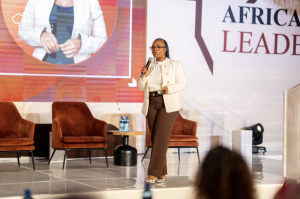
“Our vision for the Africa Rising Summit & Awards is to make leadership more accessible and impactful for young professionals, entrepreneurs and executives. The overwhelming response to this inaugural event, along with the powerful messages from our speakers and panelists has been truly inspiring. It was also a privilege to celebrate the incredible leaders shaping Africa’s future,” said Nomazibulo Tshanga, Founder & CEO of Africa Rising Leadership.
Celebrating Leadership Excellence: Africa Rising Leadership Awards 2025
The summit concluded with a spectacular awards ceremony hosted by Unathi Ncunyana who was honouring individuals making a significant impact in Africa’s leadership landscape.

Award Winners:
-Digital Entrepreneur of the Year: Mamela Luthuli (Founder & CEO – TakeNote IT) & Zibusiso Mkhwanazi (Executive Chairman – Avatar & M & N)
– Digital Transformation Leader of the Year: Lynette Magasa (CEO – Boniswa Group)
– Emerging Women Leaders: Gugu Mkhize (CEO – INSETA) & Buhle Hanise (Head of Business Restructuring – BDO South Africa)
– Top Entrepreneur of The Year: Thandeka Mngomezulu (Founder & CEO – TotalServe)
– Impactful Leader of The Year: Akhona Qengqe (CEO – KFC Africa)
– Emerging Leader: Godiragetse Fareed Mogajane (CEO Delivery – Ka Speed)
– Impactful Woman Leader: Nomvula Nomie Nxumalo (Executive Head People & Transformation – MiWay)
– Lifetime Achievement Award: Ipeleng Nonkululeko Mkhari
The Africa Rising Leadership Summit & Awards marks the beginning of a transformative movement, dedicated to empowering and cultivating the next generation of African leaders.
For more information, please visit :
https://linktr.ee/africarisingleadership

